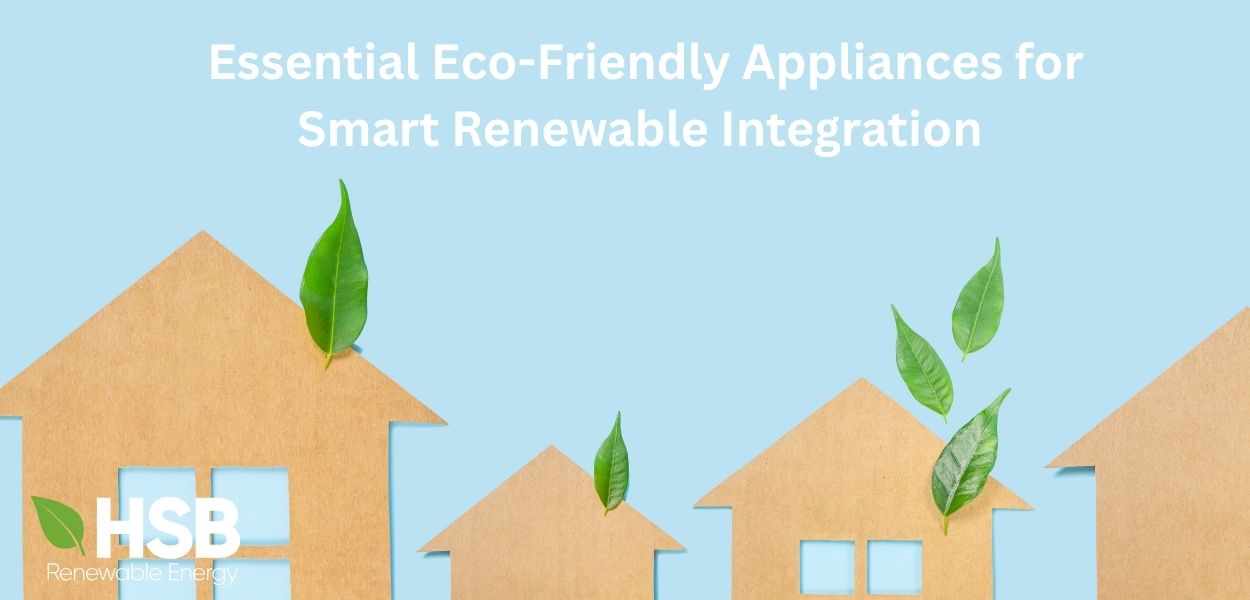
This website uses cookies to improve your experience. We'll assume you're ok with this, but you can opt-out if you wish. Read More

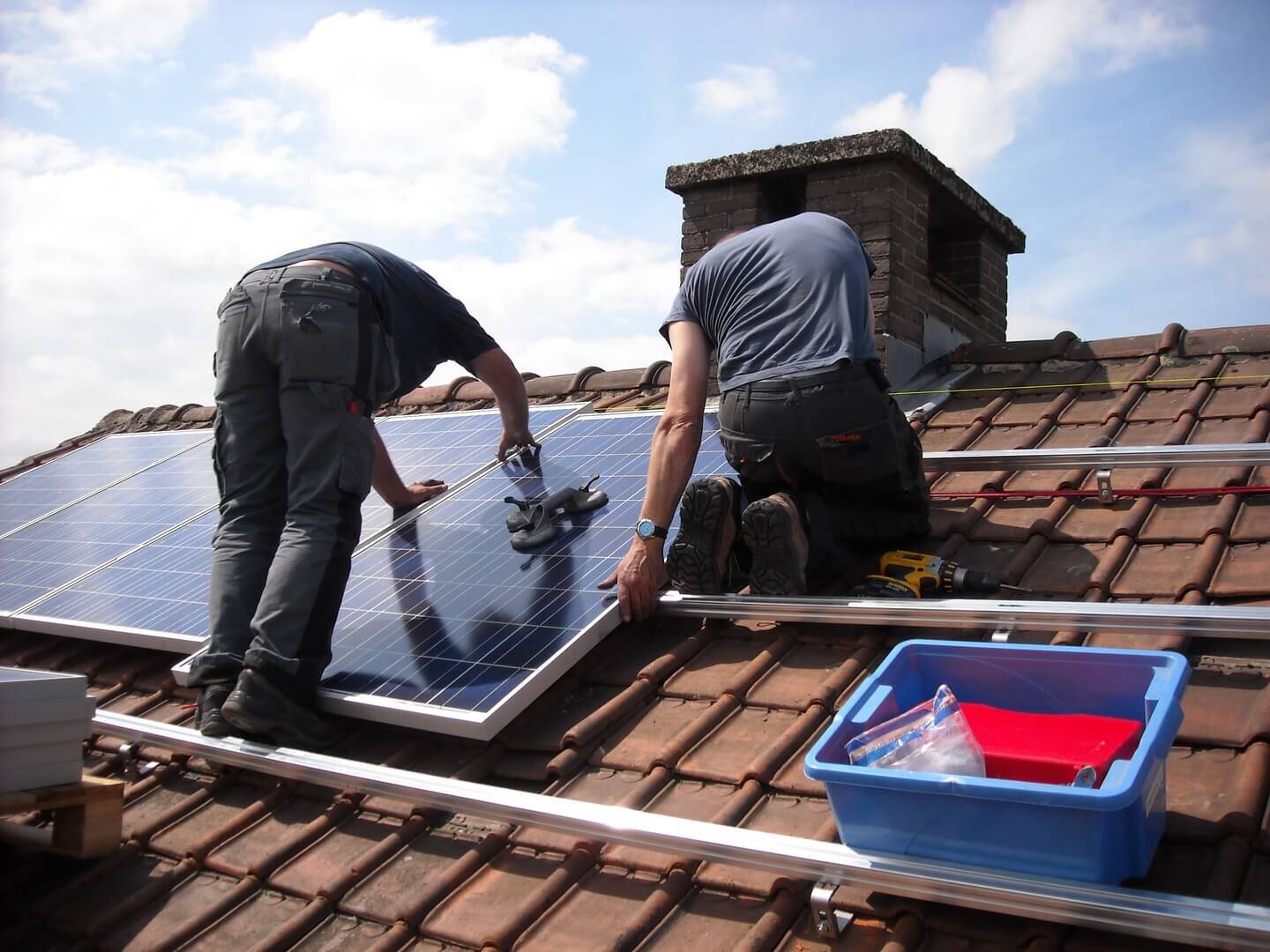
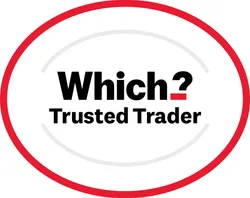
+
*
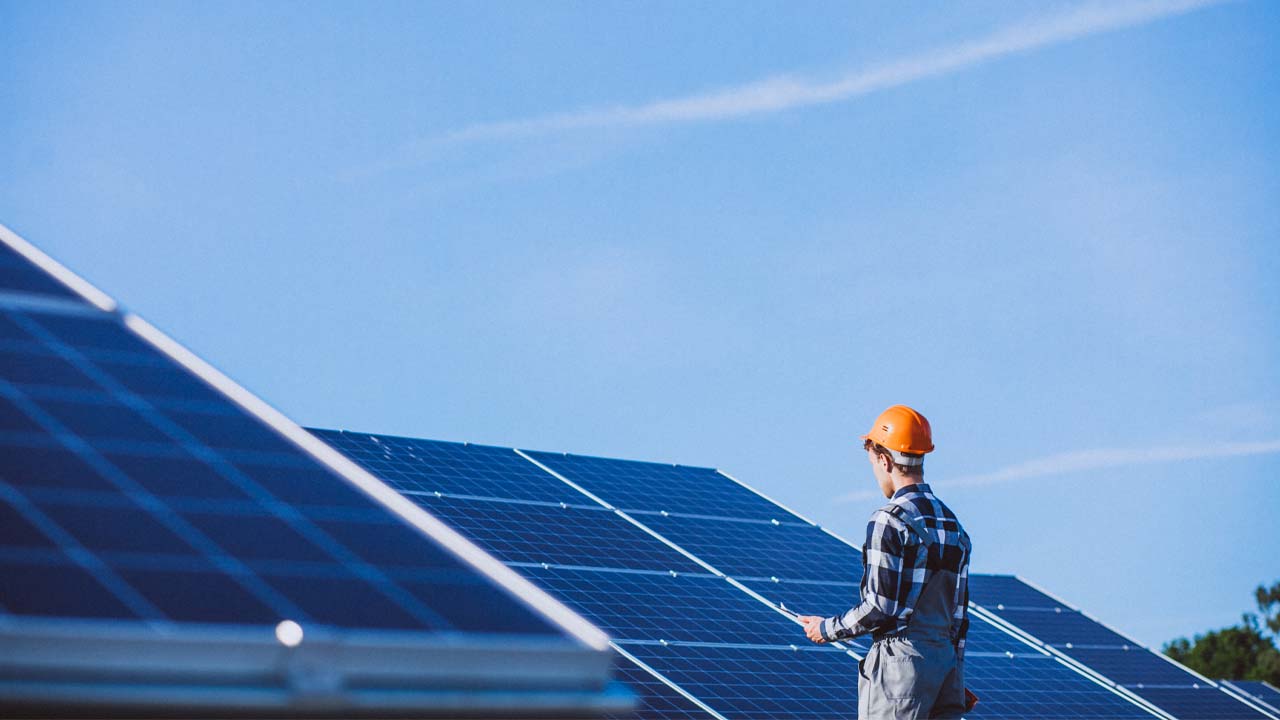
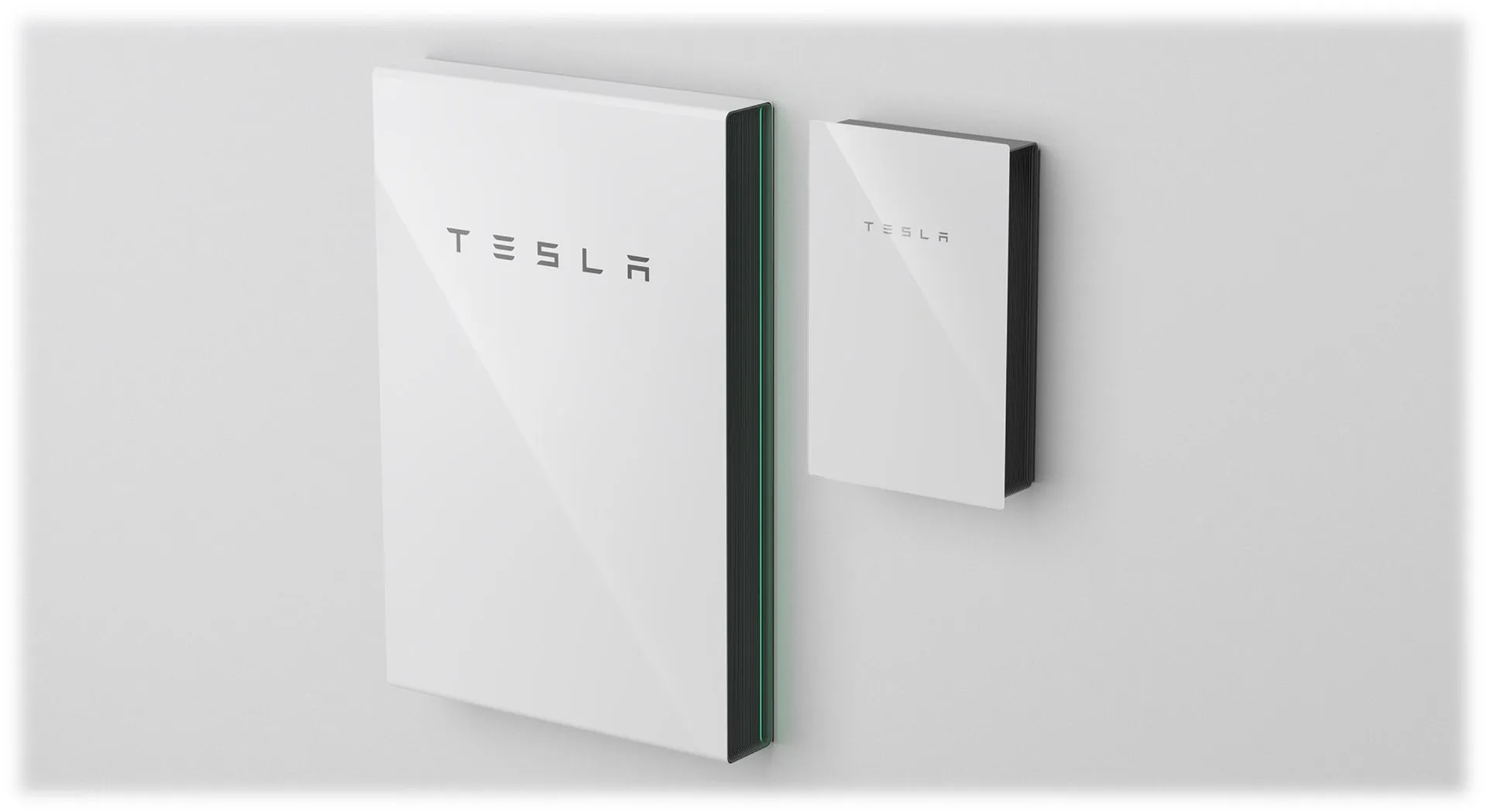
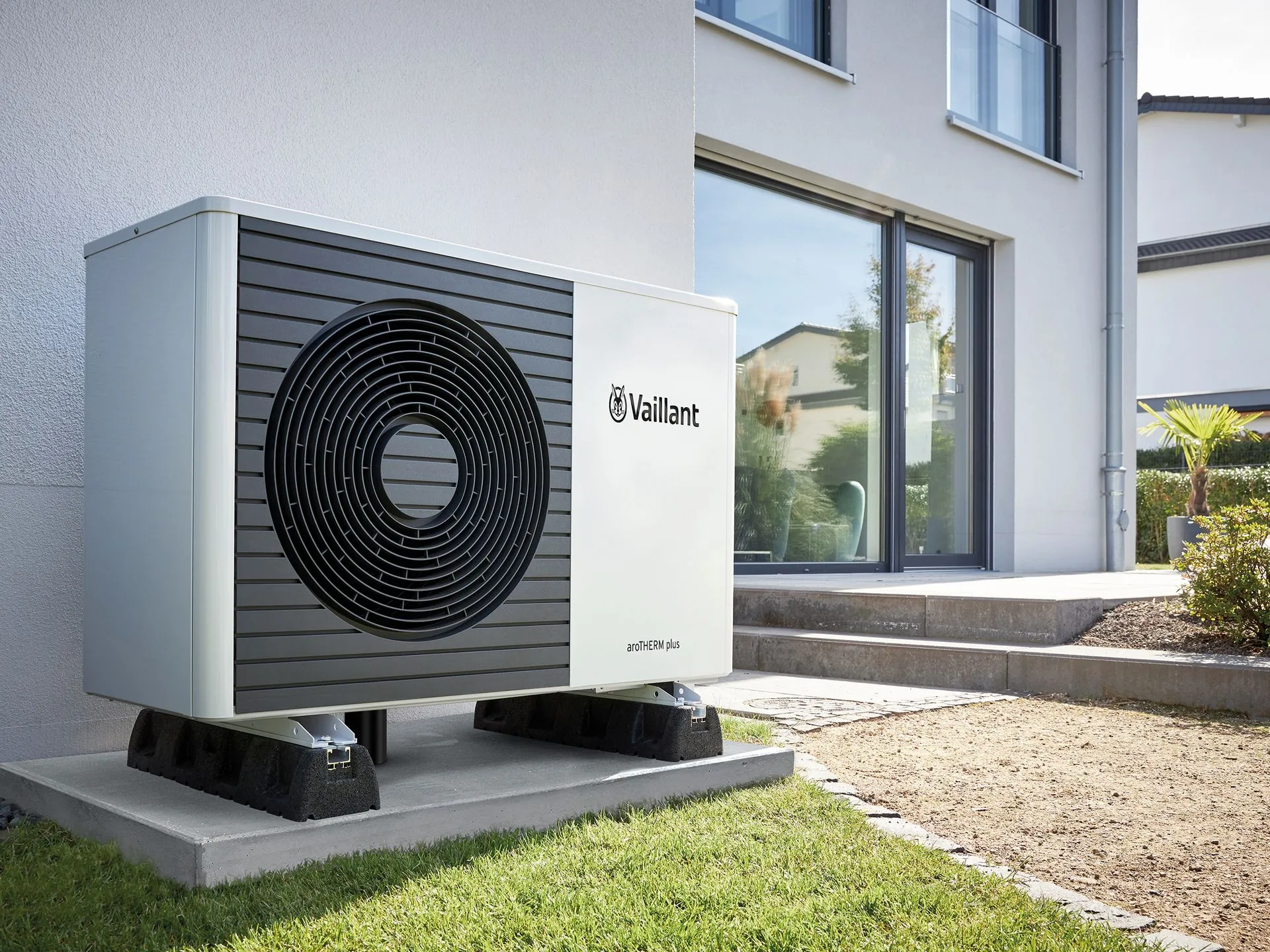






By generating your own electricity with solar power, you can significantly reduce your reliance on the national grid and therefore lower your overall energy consumption. This translates to lower monthly bills, as well as long-term savings over the lifespan of the panels.
Choosing to invest in solar PV brings several key benefits for homeowners.
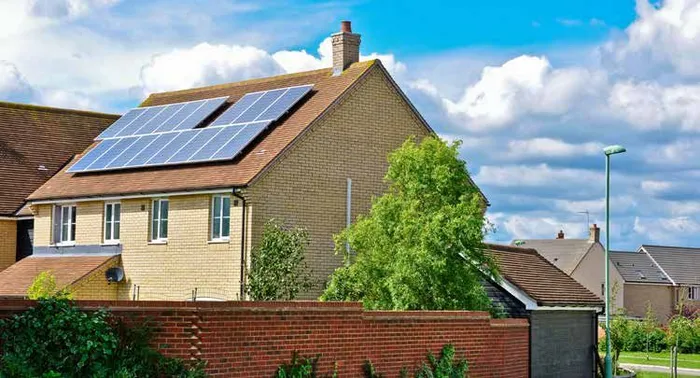
Typically most similar companies can charge around £7,000 for a domestic installation. For a limited time only we are offering our services at just £4,320!
HSB Renewable Energy are a renewable energy supplier and installer based in North Wales covering areas such as Wrexham, Conwy, Chester & more. Contact a member of the team today to book in your free, no-obligation survey, and to discuss your requirements with one of our experienced specialists.

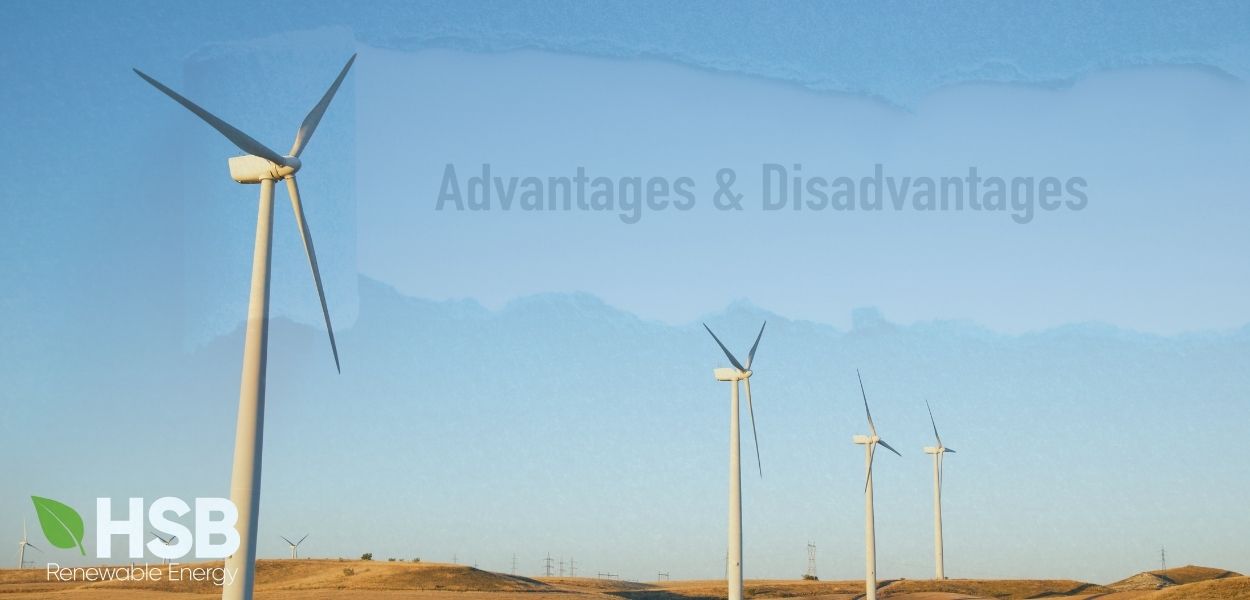
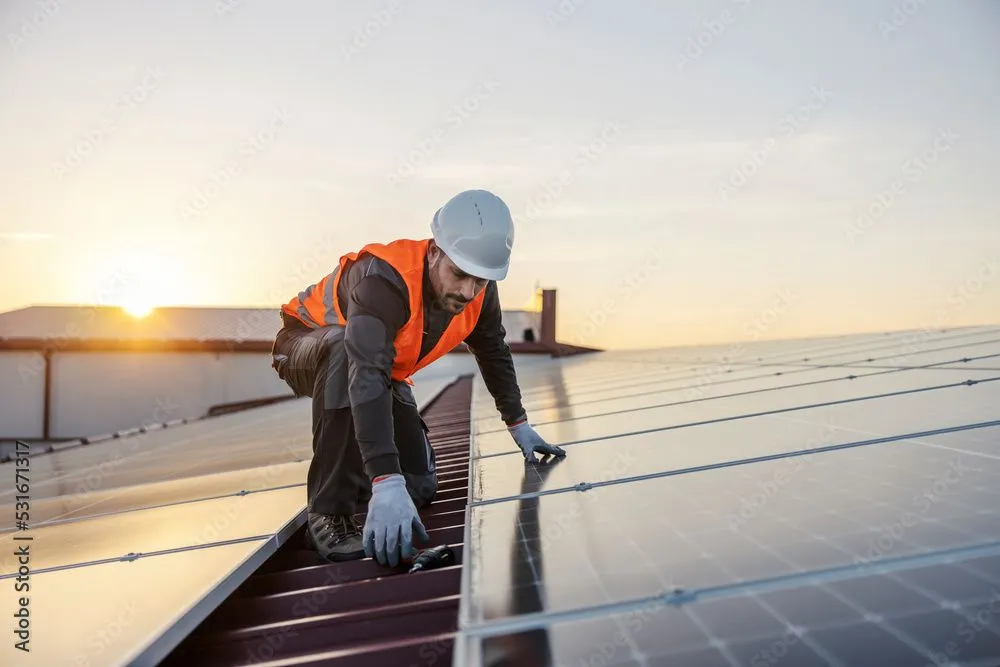
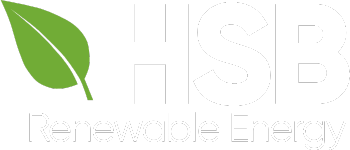
© 2025 HSB Renewable Energy Ltd | All Rights Reserved
HSB Renewable Energy LTD Unit 1, Pendle Court Evans Way, Shotton, Deeside CH5 1QJ